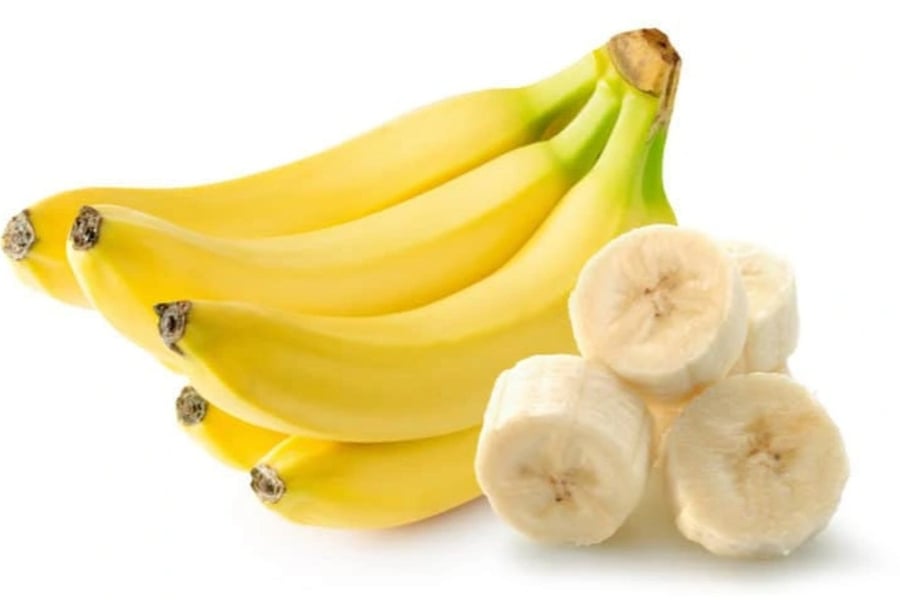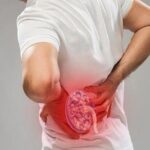ThS. BS Nguyen Thi An Thuy, a specialist at the Bach Mai Hospital’s Kidney, Dialysis and Blood Filtration Center, emphasizes the crucial role of nutrition in managing chronic kidney disease. Proper nutrition helps control the disease, reduces the risk of complications, and improves patients’ quality of life.
Chronic kidney disease leads to a decline in kidney function, including blood filtration, waste removal, and maintenance of electrolyte balance. As a result, the kidneys become unable to eliminate toxins and metabolic by-products, such as water, potassium, and phosphorus, from the body. This can cause edema, cardiovascular issues, and electrolyte disturbances. Hence, nutrition is of utmost importance for individuals with kidney disease.

A kidney-friendly diet aims to alleviate the strain on the kidneys, slow down the progression of the disease, and delay the need for kidney replacement therapy. Here are six nutritional guidelines for individuals with kidney disease:
1. Adequate Energy Intake: Consume 35-45 kcal/kg/day to prevent malnutrition. As kidney disease patients often experience loss of appetite, prioritize energy-dense, low-protein foods such as sweet potatoes and cellophane noodles.
2. Reduce Protein Intake: Limit protein consumption to approximately 0.8g/kg/day, favoring high-quality protein sources like eggs, dairy, fish, and poultry. Minimize animal fats and fried foods.
3. Limit Sodium: Keep sodium intake below 2g per day to reduce edema and control blood pressure. Avoid processed foods and salty snacks.
4. Manage Potassium: Refrain from potassium-rich foods like dark leafy greens, dried fruits, and beans as the kidneys cannot effectively filter excess potassium, leading to potential heart rhythm issues. Dr. Thuy emphasizes that while green vegetables are generally considered healthy, selective food choices are crucial for kidney disease patients.
“According to Dr. Thuy, bananas are a good source of potassium, vitamin B6, and vitamin C. However, potassium should be limited in the diet of those with kidney disease.”

Individuals with kidney disease are advised to opt for low-potassium fruits and vegetables, such as cabbage, apples, pears, and light-colored greens.
- Reduce Phosphorus: Limit organ meats, dried shrimp, and condensed milk, as they are high in phosphorus, which can contribute to bone health issues.
- Maintain Fluid Balance: Fluid intake should be adjusted based on the stage of kidney disease, the extent of edema, and urine output. On average, kidney disease patients should aim for a total fluid intake that includes their urine output, any fluid losses (from vomiting, etc.), plus an additional 300-500 ml.
Dr. Thuy highlights that chronic kidney disease can be caused by various factors, including diabetes, hypertension, chronic glomerulonephritis, and polycystic kidney disease. In its early stages, the disease may present with subtle symptoms like fatigue, peripheral edema, nocturia, and loss of appetite, often leading to late diagnoses.
To detect kidney disease early on, Dr. Thuy recommends regular health check-ups, including affordable kidney function tests.





































